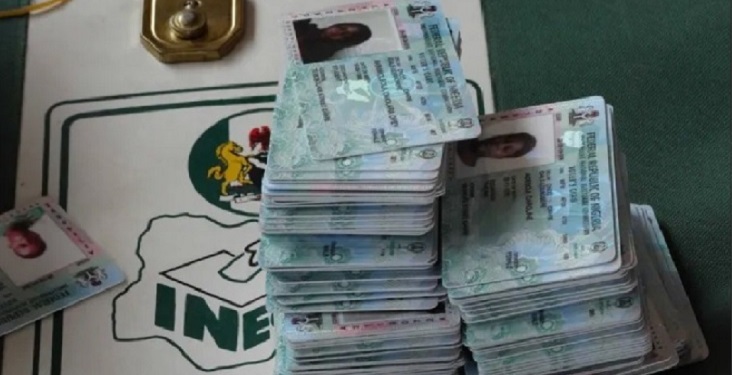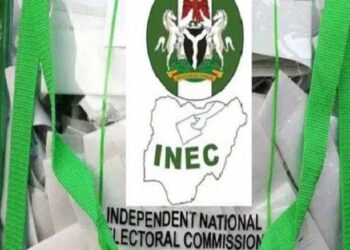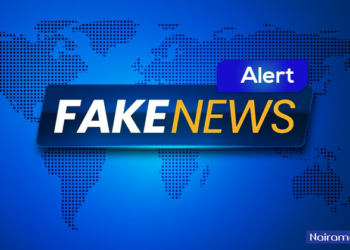The Independent National Electoral Commission (INEC) has requested the assistance of the Nigerian National Petroleum Company (NNPC) to tackle the issue of lingering fuel scarcity in the country ahead of this month’s elections.
According to reports, the INEC Chairman, Prof Mahmood Yakubu met with the management of the NNPC at its Abuja office on Tuesday, January 31 to talk about assistance during the upcoming February 25 elections. During the meeting, Prof.
Yakubu requested that the NNPC provides the commission with some of its assets to ease mobility on election day. He proposed:
- “The use of the NNPC land and floating mega stations nationwide to service our election duty vehicles and boats. We will bear the cost of the products. By doing so, there will be a guaranteed supply for elections.
- “A special arrangement with other marketers in locations where the NNPC may not have dedicated stations; and consider other options to support our seamless operations on election day.”
What INEC is facing: The reason behind these requests is based on the fact that on election day, INEC will need to mobilize about 100,000 vehicles and 4,000 boats for the deployment of personnel and materials to 176,846 polling units spread across 8,809 registration areas (or electoral wards) in Nigeria’s 774 Local Government Areas.
Prof Yakubu said the objective INEC has to offer Nigerians a smooth process on election day could be hampered by the lingering fuel scarcity. He said:
- “This objective cannot be fully accomplished without the guaranteed supply of petroleum products to facilitate the movement of vehicles and boats.
- “In all, 93,469,008 registered voters are expected to elect a president, 28 state governors and 1,462 legislators (109 Senators, 360 members of House of Representatives and 993 members of State Houses of Assembly).”
With the lingering fuel scarcity in the country, the commission is facing the likelihood of mobility problems, especially in remote areas where filling stations are few and the prices per litre are not uniform.
Nairametrics had earlier reported that the fuel crisis manifests in two ways; scarcity and pricing. Across states, fuel is no longer selling for N165 per litre, which is the official price. In some states, fuel is selling for as high as N500 per litre in filling stations, yet the commodity is not readily available and Nigerians have to lose productive hours, queuing for the commodity.
In case you missed it: NNPC says that on January 31, it met with stakeholders within the Nigerian petroleum downstream sub-sector to discuss and agree on issues affecting pricing and distribution logistics, towards further restoring normalcy to the fuel situation in the country.





















